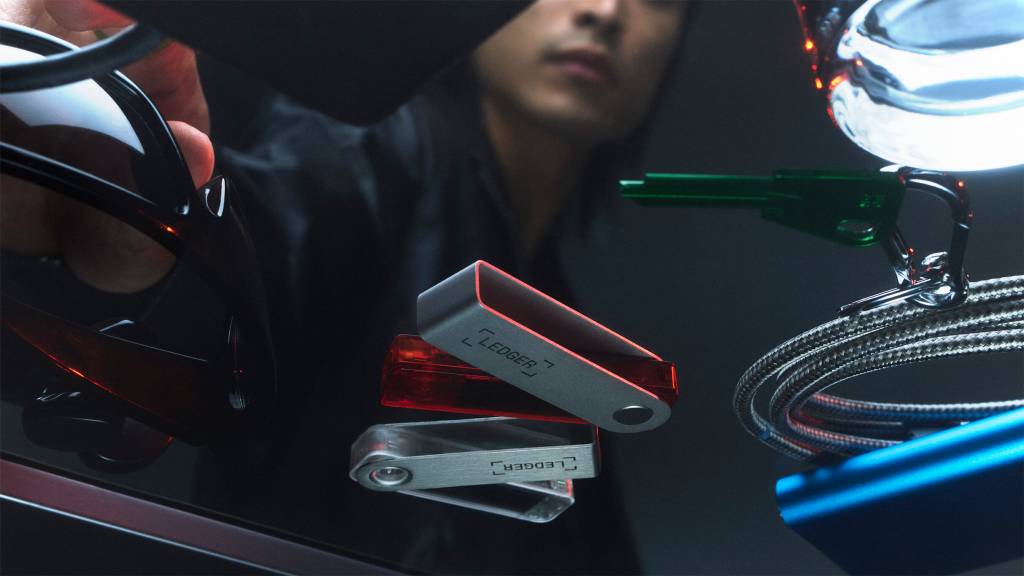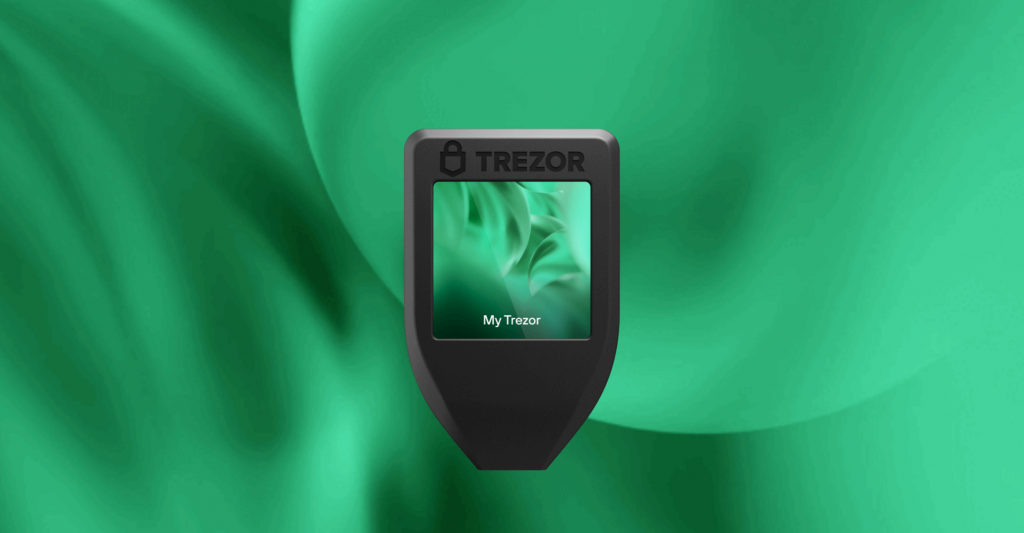Cryptocurrency has taken the world by storm, and with it comes the responsibility to secure your assets. The digital nature of cryptocurrencies and the decentralized way in which they operate makes them vulnerable to hacking attempts, fraud, and scams. One of the ways to secure your crypto is by using a wallet. However, there are two types of wallets to choose from: software wallets and hardware wallets. In this article, we’ll dive into the advantages and risks of both and focus on the secure usage of hardware wallets.
# Software Wallets vs. Hardware Wallets
Software wallets are digital wallets that store your cryptocurrency on a device, such as a computer or smartphone. They are usually free to use and easy to set up, but they come with some risks. Since they are connected to the internet, they are vulnerable to hacking attempts, phishing scams, and malware attacks. If your computer or smartphone gets infected, your crypto assets can be stolen without you even realizing it.
On the other hand, hardware wallets are physical devices that store your cryptocurrency offline. They look like USB drives and are designed to keep your private keys safe. Private keys are the passwords that allow you to access your crypto assets. By keeping them offline, hardware wallets offer an added layer of security that software wallets can’t match. They are not connected to the internet, making them immune to hacking attempts, phishing scams, and malware attacks.
 Ledger Hardware Wallet
Ledger Hardware Wallet Trezor Hardware Wallet
Trezor Hardware Wallet# Advantages of Hardware Wallets
Hardware wallets offer several advantages over software wallets. Firstly, they provide enhanced security, as mentioned earlier. Since they store your private keys offline, they are not vulnerable to hacking attempts, malware, or phishing scams. This means that even if your computer or smartphone is compromised, your crypto assets remain safe.
Secondly, hardware wallets are user-friendly and easy to use. They typically come with a straightforward setup process and clear instructions on how to use them. They also offer features like PIN protection, multi-factor authentication, and seed phrase backups, which further enhance their security.
Lastly, hardware wallets are compatible with a wide range of cryptocurrencies. Most hardware wallets support Bitcoin, Ethereum, and other major cryptocurrencies, as well as ERC-20 tokens. This means that you can store all your crypto assets in one place, rather than having to use multiple software wallets.
Ledger and Trezor hardware wallets are widely considered among the most secure options for storing cryptocurrency private keys offline.
Decrypt, hardware wallet guide
# Risks of Hardware Wallets
Despite their advantages, hardware wallets are not foolproof. There are still risks associated with using them, such as losing or damaging the device, forgetting your PIN, or losing your seed phrase backup. If any of these happen, you can potentially lose access to your crypto assets forever.
Another risk to be aware of is the possibility of purchasing a counterfeit hardware wallet. Scammers have been known to sell fake hardware wallets that look identical to the real ones. These fake devices can be programmed to steal your private keys and drain your crypto assets. To avoid this, always purchase hardware wallets from reputable sources, such as the manufacturer’s website or authorized resellers.
# Secure Usage of Hardware Wallets
To ensure the secure usage of hardware wallets, there are a few best practices to follow:
-
- Always purchase hardware wallets from reputable sources.
-
- Set up your hardware wallet following the manufacturer’s instructions.
-
- Create a strong PIN and store it in a secure location.
-
- Backup your seed phrase and store it in a separate location.
-
- Keep your hardware wallet in a safe place and never share it with anyone.
-
- Verify transactions on the device’s screen before approving them.
-
- Regularly check for software updates and install them promptly.

# Hardware Wallet Providers
There are several reputable providers of hardware wallets, including Ledger, Trezor, and KeepKey. These companies have been in the industry for years and have built a solid reputation for offering reliable and secure hardware wallets.
As Vitalik Buterin, co-founder of Ethereum, tweeted:
Hardware wallets are a must for serious crypto users who want to keep their assets safe from hackers and scammers.
Vitalik Buterin, Ethereum
Ledger, for example, offers a range of hardware wallets, including the Ledger Nano S and Ledger Nano X. The Ledger Nano S is a compact and affordable device that offers basic security features, while the Ledger Nano X is a more advanced device with additional features such as Bluetooth connectivity and a larger screen. Both devices support a wide range of cryptocurrencies and are compatible with popular wallets like MyEtherWallet and MyCrypto.
Trezor is another popular hardware wallet provider that offers two main products: the Trezor One and the Trezor Model T. The Trezor One is a basic device that offers strong security features at an affordable price, while the Trezor Model T is a more advanced device with a touch screen and additional features such as a microSD card slot. Both devices support a wide range of cryptocurrencies and are compatible with popular wallets like Electrum and MyEtherWallet.
# conclusion
In conclusion, while both software wallets and hardware wallets have their advantages and risks, hardware wallets offer an added layer of security that is essential for serious crypto users. By following best practices and using a reputable hardware wallet provider like Ledger or Trezor, you can ensure the secure usage of your hardware wallet and keep your crypto assets safe from scammers and hackers. As Charlie Shrem, founder of Crypto.IQ, tweeted:
If you don’t own a hardware wallet yet, you’re not really in crypto.
Charlie Shrem, Founder of Crypto.IQ




